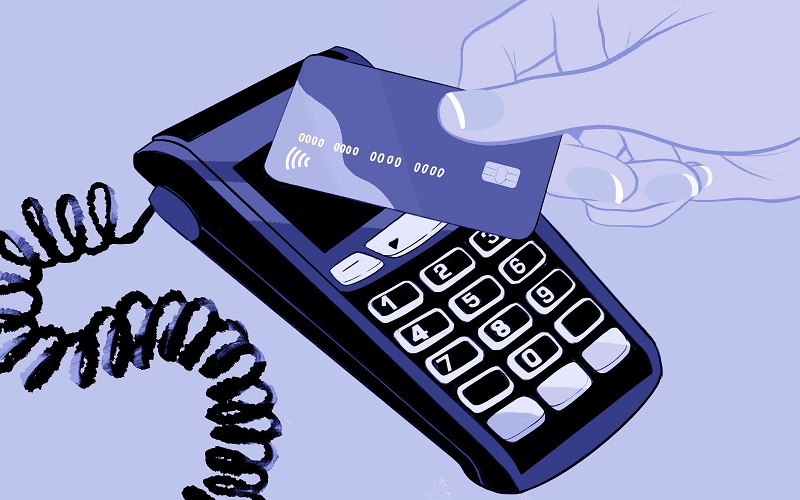Dealing with and trying to repay credit card debt can be the most critical yet challenging financial challenge many consumers face in today’s consumer-driven world. Though credit cards give you instant payment and the ability to be subtly creative as there are no limitations to the amount you can spend, they can create overspending and debt if mismanaged.
Let’s discuss the guidelines enabling borrowers to be self-sufficient in holding their credit card debts low and attaining financial freedom.
1. Make a Budget & Fix on It
Budget design forms the ultimate critical grounding for credit card debt management. First, assess your income and current expenses and determine monthly spending. These expenses allow us to begin budgeting. Reserve some venues for necessary costs such as rent, power bills, groceries, and debt repayments. Avoid degenerate situations while budgeting and allocate your funds to the debt payment, thus allowing you to reduce the remaining debt-bearing amount gradually.
2. Spend Some Extra Dollars Besides Your Minimum
It is very appealing to opt for only the minimum payments on the credit card’s outstanding balance. Still, you will increase your debt exposure and the compound interest you ultimately pay. Try to pay more than required or the amount that is less than what is needed every month; your extra savings will count in the long run. This way, you will improve the breaking down of time frames for payoff, and you’ll refrain from spending a significant amount of money on interests in the future.
3. Achieve this using Balance Transfer Offers.
If you carry card debt over multiple cards, consider transferring balances to low-interest balance transfer cards offering a lower interest rate or one consumer’s 0 percent APR on balance transfers for promotional purposes. It is helpful for this situation to direct your attention toward debt consolidation and, as a result, reduce the sum of the interest added every month, making it easier to pay off debt faster.
4. Prioritize High-Interest Debt
To control your finances, if you have other credit cards with different interest rates, prioritize paying off the credit cards with low-interest balance transfer cards. This is the debt avalanche method, which, by contrast, saves most of the interest payment as time passes and speeds up the process of eliminating debt.
5. Avoid Impulse Spending
Impulse purchases could add up to sizeable credit card debt. If you are wondering how to stop impulse spending, use their techniques such as imposing a period of wait for nonessential buys. It gives you ample time to think about this issue rationally. Thus, you can distinguish between wants and needs. Furthermore, unsubscribing from promotional emails and removing saved payment information from e-commerce accounts can obstruct impulsive buying.
6. Stick with your financial plan
To stop impulse spending, stick with your financial plan. For instance, instead of shopping while experiencing stress, try meditation or routine exercises to help you relax. Furthermore, self-controlling techniques like keeping expense records and being selective about how much one spends on nonessential items will discourage instant purchasing. Through being with your spending habits, you will be able to know when you will buy an item spontaneously and then manage your finances towards clearing credit card debts.
Key Takeaway
Successful credit card debt management and reduction primarily relies on self-control, thoughtful planning and budgeting, consistent credit card usage, and being committed to financial responsibility. The budgeting process involves classifying payments in order of priority, with debt payments going first, shunning new debt altogether, having an emergency fund, and seeking professional help when necessary. These steps will help one take control of their finances and ultimately return to zero-debt life. Credit card debt can be successfully defeated if a responsible consumer recognizes impulse spending habits and applies good financial habits; long carte-blanche with money will be in the past.




